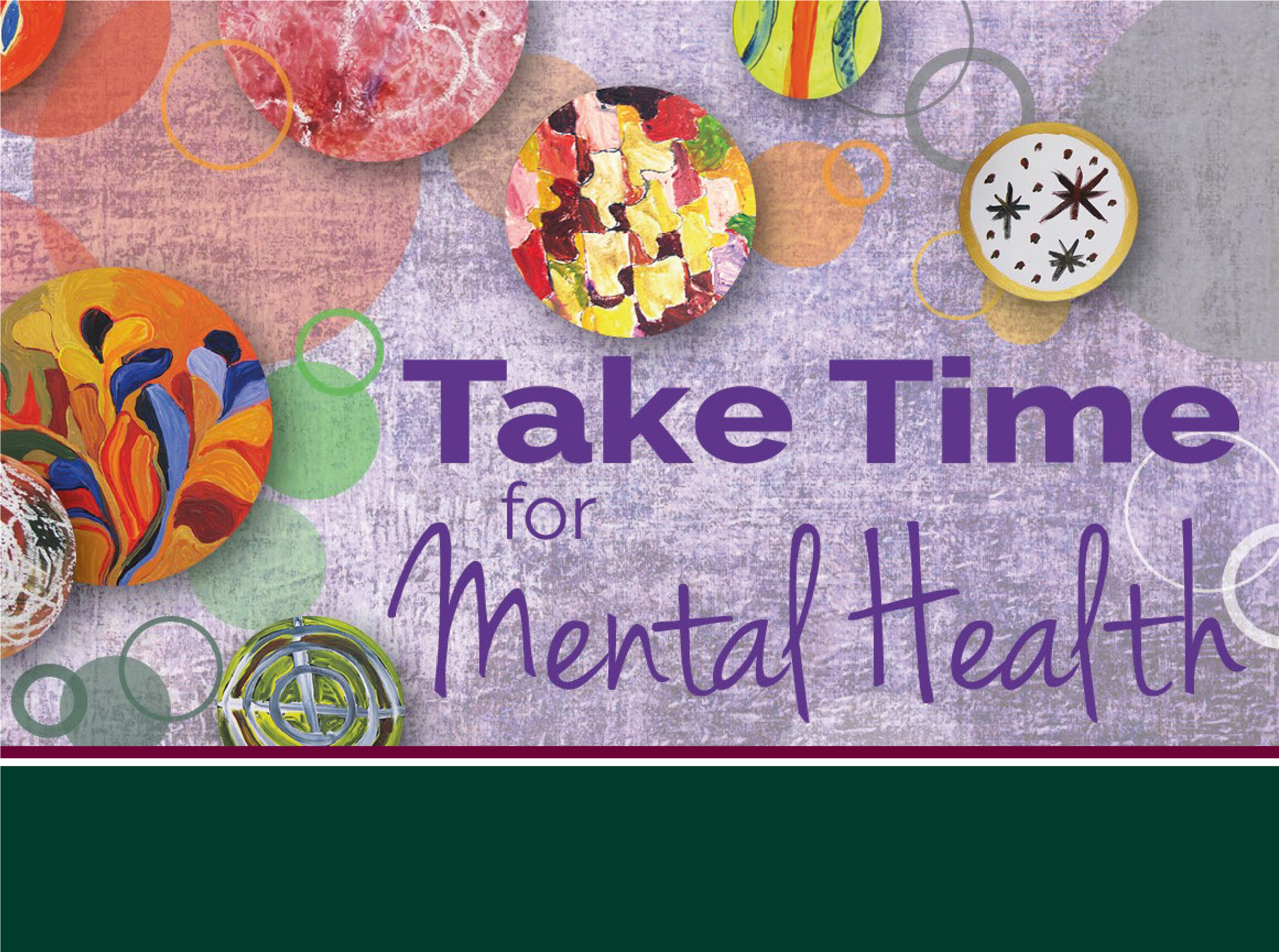Guidance Counsellor

Michael Oates
Guidance Counsellor
Lying
As Guidance Counsellors we often speak with parents/carers who have contacted us with concerns that their adolescent has been telling lies. They are worried that the lying could be a sign of ongoing dishonesty that might become a real problem in the future.
While lying is indeed a problematic behaviour, it's also important to consider that it is actually a developmentally normal behaviour. Most of the principal lies told by adolescents to their parents, carers, or teachers are of the following:
- As a way of being able to do something that they don't think they will be allowed to do; and/or to
- Avoid getting into trouble.
Sometimes other lies aimed to antagonise someone (most usually a brother or sister), or to give a more positive impression of themselves may be told as well.
While the consequences of all of these types of lies can sometimes be very bad, generally they are fairly benign, and this type of lying is quite different to that which might indicate ongoing dishonesty.
Developmentally normal lying is a product of a several factors, some which lay with the adolescent and some with the parent:
On the adolescents side:
- Adolescent brains are hardwired to seek out new experiences (this is how they learn to ‘adult’). Sometimes these experiences aren't particularly wise or safe, but they will attempt or succeed in doing them regardless;
- They are still developing their abilities in communicating and problem solving, so having a conversation with their parents around complex issues (e.g. why they should go and do these things)or difficult issues (e.g. facing the consequences) can be too difficult for them, so telling a lie appears to be the best option available.
On the parents side:
- We as adults are much better at seeing potential risks and consequences, and so of course are reluctant to let them do some things;
- Sometimes (or maybe often!)we communicate in ways that close rather than open channels of communication about this with our adolescents.
Put these adolescent and parent factors together, and we create the perfect conditions for lying!
There are some good ways to both minimise lying and to help our adolescents move past it as a strategy, and these primarily involve our communication.
We need to create the conditions for two-way dialogue where they feel that they can come and talk to you about things that they want to do, or have done, and that there will be a fair and effective discussion. We can do this by:
- Letting them speak and listening to them before making a decision (even at those times when we are already pretty sure what the answer will be!);
- Staying calm and seeing things from their perspective as well. This might require you to put a conversation on hold until this can be done calmly (from them or from you);
- Giving an explanation as to your decision;
- Dealing with the issue at hand, and trying not to bring up past incidents or problems that have been dealt with;
- Being consistent - allowing something this week and not next is a recipe for disaster, as is giving in to repeated requests (nagging);
- Imposing reasonable consequences, and delivering them calmly will help them feel that they can come and speak with you when needed and not be worried about getting shut down or blasted;
- When needed, negotiating consequences with them can also be helpful for them in developing their ability to look at things from multiple perspectives, as well as their empathy.
Creating this kind of communication environment requires work and dedication to applying it, however the rewards can be fantastic as you and your adolescent work together on helping them grow up.
To look at ongoing dishonesty, it does of course occur in adolescents, however it is thankfully relatively rare and often becomes less and less as they develop their empathy, impulse control, and decision making.
Problematic lying includes an ongoing pattern of telling lies to gain benefits such as material rewards (things like money, credits, preferential treatment), or lies that could cause significant harm to the young person or others (e.g. suspension or expulsion of self/peers, criminal charges, financial loss, reputational damage or damage to important relationships).
If your adolescent has done things like this it may be worth seeking further support and advice, and as always, trust your instincts and seek advice whenever you feel it is warranted. The Guidance Counsellors here at school, or private counsellors and psychologists are all good sources of assistance in this.

